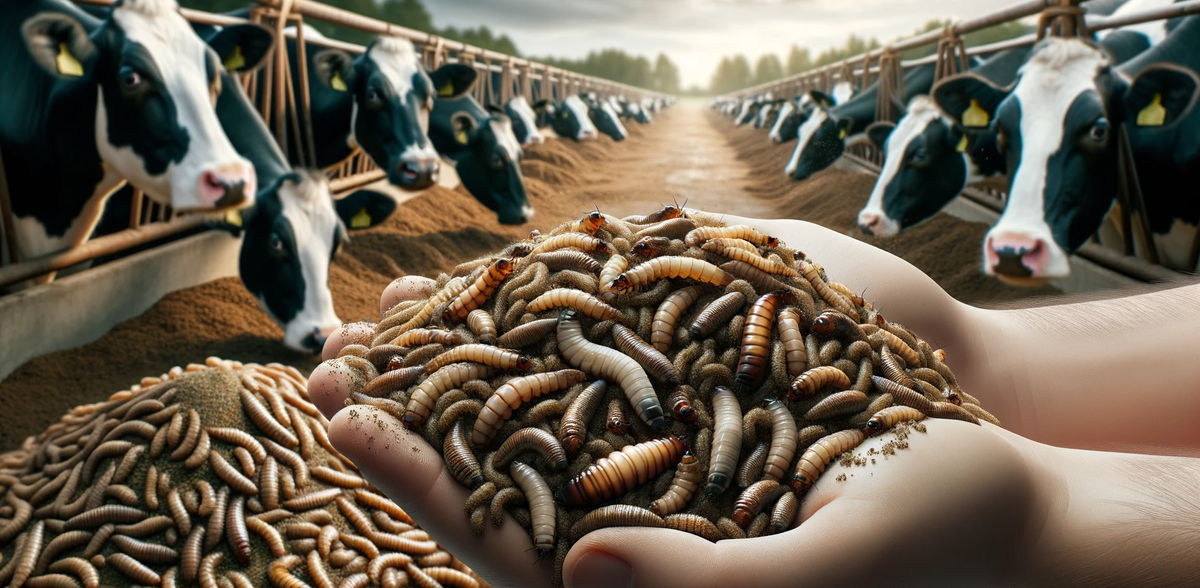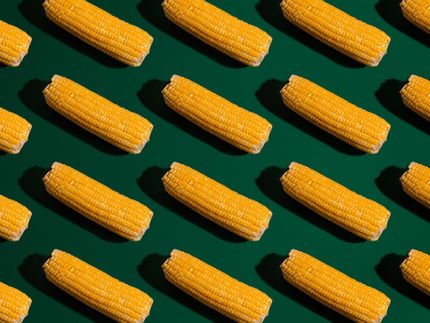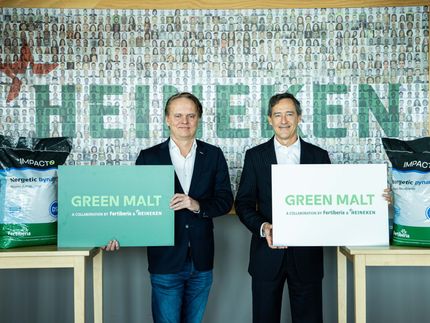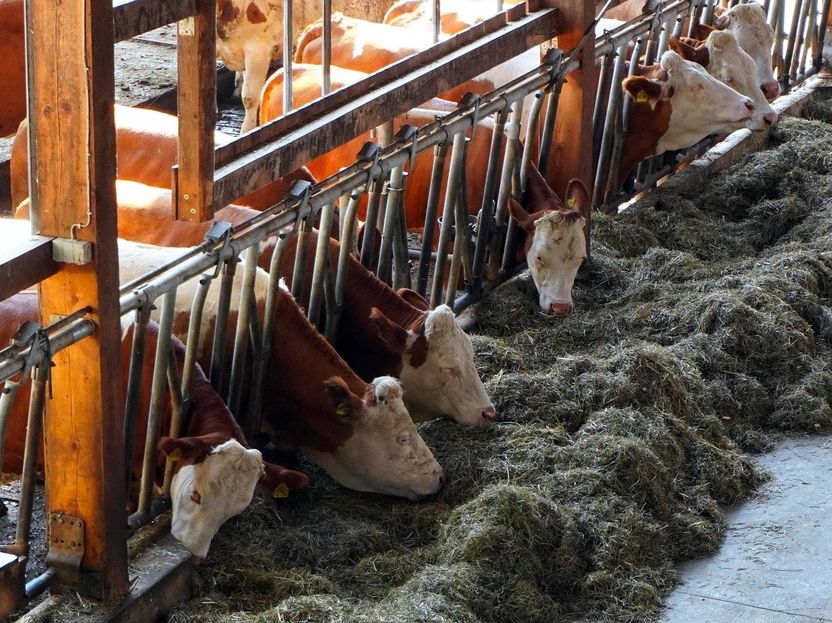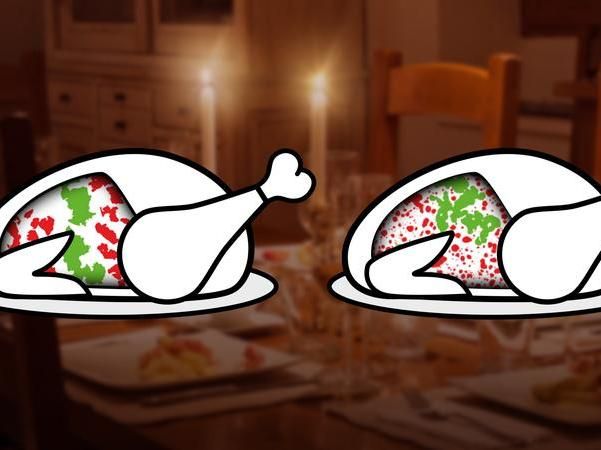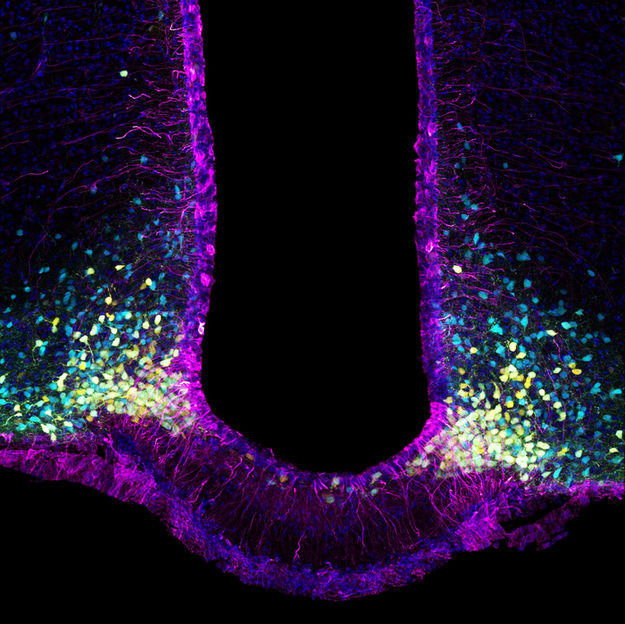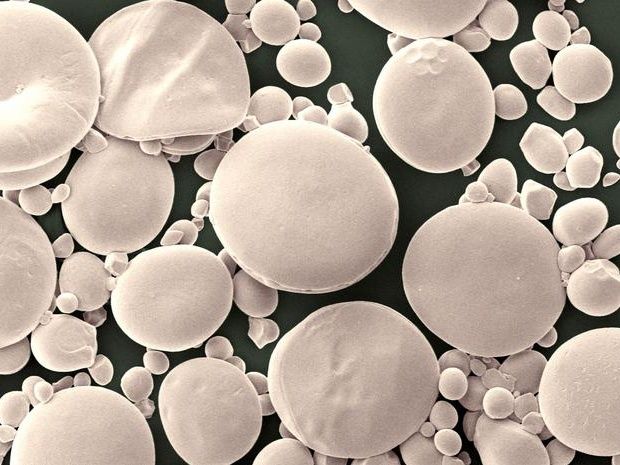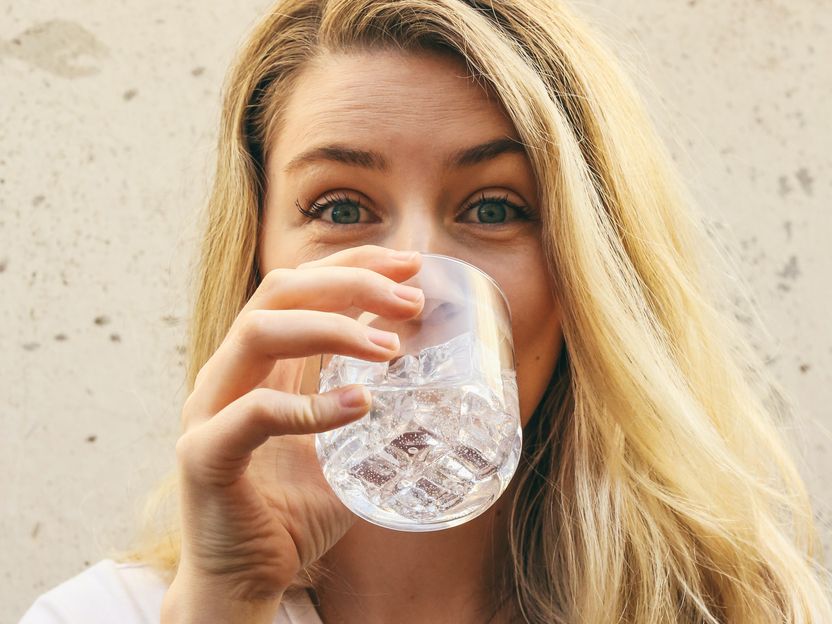Larvae instead of soy - insects as a substitute in cattle feed?
Advertisement
insects as feed for livestock - for research institutions and startups, this topic has a future - especially with a view to sustainability. And the agricultural industry is also open to the alternative form of food.
"Beneficial insects are basically capable of converting unusable biomass or food byproducts into high-quality fats, proteins and fertilizers," says Bernhard Krüsken, Secretary General of the German Farmers' Association. At present, however, they play a negligible role as a feed component. But Krüsken also sees a need to make better use of the potential in terms of sustainability.
So far, soybean extraction meal and fish meal have been the main feedstuffs used. Their sustainability is in doubt, especially against the backdrop of shrinking fish stocks and high land consumption for soy cultivation. The idea of feeding insects instead has long since caught the attention of the European Union. "In the EU, eight species of insects are now approved as farm animals that can be used as "processed animal protein" for livestock feed," says the Research Institute for Farm Animal Biology (FBN) near Rostock. Their protein content is comparable to that of soybean meal - 40 to 47 percent in dry matter - but lower than that of fish meal, they say.
If you ask the researchers, however, not all insects are the same. As an example, the FBN draws on the differences between the larvae of the black soldier fly and the mealworm. The mealworm - which is not a worm, but a beetle with the Latin name "Tenebrio Molitor" - has a higher proportion of important omega-3 fatty acids, but needs mainly cereal and grain products as food. The biologists thus see it as competing with the human diet. Moreover, the insect feed could possibly be used directly for livestock. The experts therefore rate the sustainability of the mealworm lower. The black soldier fly, on the other hand, is far less demanding, they say, and even grows with manure or slurry. However, this is prohibited for health protection reasons.
In Bruchsal, Baden-Württemberg, the start-up Alpha Protein is trying to improve the mealworm's climate footprint through secondary use of food waste. "We are developing industrial plants for raising insects as feed and food," says CEO Gia Tien Ngo. In addition, he says, they are breeders themselves. Currently, a large-scale industrial production facility is being planned on two hectares in Ludwigshafen. There, 1100 tons of dried insects are to be produced annually, along with more than 5000 tons of fertilizer from excrement. In addition to wheat grits and wheat bran, it is planned to feed a lot of old bread from bakeries in the surrounding area. According to the managing director, this regional closed-loop concept is essential.
Ngo and the scientists at the FBN see the main advantage over the feed previously used in livestock farming in the lower consumption of land and also water in the cultivation of insects. Although in theory these would also be available as normal food, both see a problem of acceptance in the population so far. According to the start-up's managing director, this is also due to the price, which should, however, fall in the future as a result of the further development of insect breeding technology.
The circular economy is also being worked on elsewhere. In the "Innovation Space Bioeconomy at Marine Sites" project funded by the German Federal Ministry of Education and Research BMBF, the use of regional by-products and co-products is being researched in a closed-loop system, according to FBN. Part of this includes fish farming, algae production and the use of black soldier fly larvae as fish feed. A model site is to be established in Bergen on the island of Rügen.
It remains to be seen whether insects will completely replace existing feeds in the future. According to the German Animal Feed Association (DVT), they are "only another possibility for supplementing the range of raw materials for the production of compound feeds or direct use as individual feeds." In the case of cattle feed, moreover, the approval of animal protein from beneficial insects is still lacking.
DVT does not want to make a long-term statement on the market significance, saying this is not seriously possible./ssc/DP/zb (dpa)
Note: This article has been translated using a computer system without human intervention. LUMITOS offers these automatic translations to present a wider range of current news. Since this article has been translated with automatic translation, it is possible that it contains errors in vocabulary, syntax or grammar. The original article in German can be found here.
